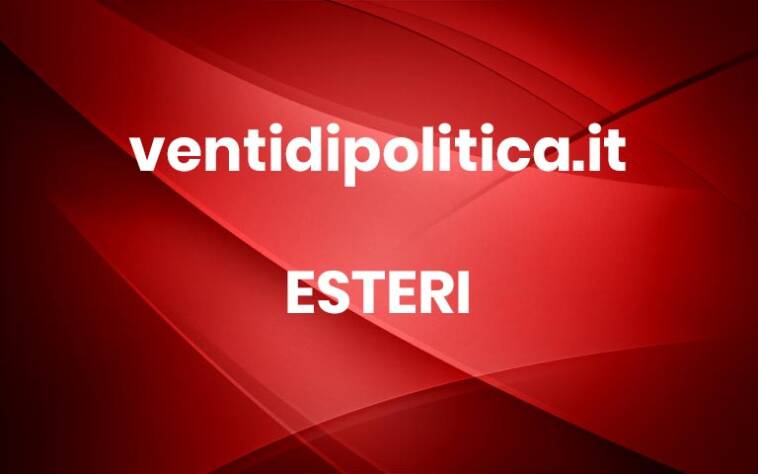Risoluzione bipartisan al Senato USA: “Sosteniamo l’avvicinamento tra Lituania e Taiwan”
Bruxelles – “Questa risoluzione vuole dare il messaggio che quando i nostri amici si oppongono alle influenze nocive della Cina, gli Stati Uniti li aiuteranno”. James Risch, senatore repubblicano dell’Idaho, descrive così la risoluzione proposta insieme alla collega democratica Jeanne Shaheen, senatrice del New Hampshire, sulle relazioni tra la Lituania e Taiwan.
La risoluzione è un testo bipartisan che vuole esprimere il supporto degli Stati Uniti per il nuovo corso delle relazioni tra Vilnius e Taipei, condannando le rappresaglie economiche che la Cina ha messo in atto contro la piccola Repubblica baltica. Si tratta di un testo non vincolante, teso ad esprimere solidarietà ed appoggio internazionale piuttosto che a definire un quadro operativo.
China is attempting to spread its malign influence across democracies in Eastern Europe, & Lithuania is leading the way in standing up to China’s abuse. I’m proud to lead this bipartisan resolution w/ @SenatorRisch to strengthen U.S. support for Lithuania & Taiwan against China. pic.twitter.com/3rUJONJ0TW
— Sen. Jeanne Shaheen (@SenatorShaheen) November 7, 2021
La senatrice ha elogiato le azioni della Lituania, che oggi “indica la via” agli altri Paesi europei sul contrasto alle interferenze della Repubblica popolare in Europa. Insieme all’approfondimento delle relazioni con l’Isola, la risoluzione prende atto (e giudica positivamente) la condanna del parlamento lituano per il trattamento che la Cina sta riservando alla minoranza uigura.
La Lituania a Taiwan (e viceversa)
Il 20 luglio scorso il governo lituano aveva reso note le sue intenzioni aprire un “Ufficio di rappresentanza a Taiwan“, con funzioni analoghe (de facto) a quelle di un’ambasciata. La decisione, confermata a settembre dal parlamento, era stata salutata positivamente dall’esecutivo di Taipei, che aveva annunciato l’apertura di un ufficio analogo nel Paese baltico.
La Cina, che rivendica l’isola come parte del proprio territorio nazionale, aveva reagito duramente, ritirando il proprio ambasciatore da Vilnius e espellendo il rappresentante lituano a Pechino. A questo si era aggiunto lo stop all’esportazione di alcune merci cinesi dirette in Lituania. Anche in quell’occasione non era mancato il supporto americano, segnalato dalla solidarietà del consigliere per la sicurezza nazionale dell’amministrazione Biden, Jake Sullivan.
L’esecutivo lituano, formato da un tandem tra centrodestra e liberali, è tra quelli che nell’UE supporta più da vicino la causa di Taiwan. Il programma del Partito della libertà, che governa in coalizione con i cristianodemocratici di Tėvynės sąjunga, include un punto relativo al pieno riconoscimento della sovranità della Repubblica di Cina – un unicum in Europa.
Lo scontro diplomatico con la Cina si è aggravato nel corso del tempo: poco dopo la reazione di Pechino, la Lituania aveva rincarato la dose, spingendo i propri cittadini a fare a meno di alcuni telefoni cinesi di marca Xiaomi e Huawei, i cui software sarebbero stati in grado di censurare i messaggi legati riguardanti l’indipendentismo taiwanese e tibetano.
A proporre la risoluzione un senatore repubblicano, James Risch, e una senatrice democratica, Jeanne Shaheen, a dimostrazione che Taiwan resta un dossier condiviso tra i rappresentanti politici americani LEGGI TUTTO


